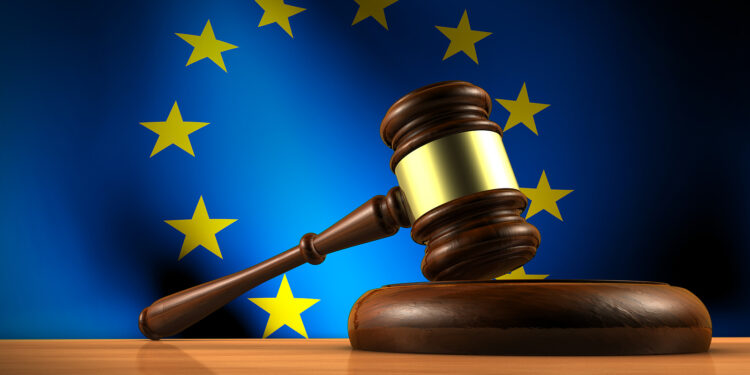The European Union has issued a clear warning to Apple: The company must open its iOS operating system to third-party providers and competitors. If it does not, it could face heavy fines. The background to this is the Digital Markets Act (DMA), an EU law designed to ensure fair competition in digital markets.
Apple is known for its closed ecosystem, which closely links hardware, software and services. Although this system offers many advantages, especially in terms of security and user-friendliness, it also restricts access for third-party developers. This is precisely what the EU is criticizing and is demanding more openness from Apple. But what exactly is behind this request?
Why the EU intervenes
With the Digital Markets Act (DMA), the EU has created a set of rules designed to prevent large tech companies like Apple from exploiting their position of power and thus restricting competition. In Apple's case, the main points are:
- Limited use of iOS functions: Devices such as smartwatches, headphones or VR headsets from other manufacturers currently have only limited access to important iOS functions. This affects, for example, pairing devices or receiving notifications.
- Limited access to Siri and Apple Pay: Third-party developers have only limited access to important iOS functions such as the voice assistant Siri or contactless payment via Apple Pay. According to the EU, these exclusive functions should also be made available to other developers.
Apple's previous reactions
Apple has already made some changes to meet the requirements of the DMA. For example, the NFC chip used for Apple Pay has been partially opened up to other providers. The App Store has also relaxed the rules for developers. Nevertheless, the EU has now initiated two proceedings against Apple to enforce further improvements. Apple has six months to meet these requirements. If the company does not comply, it faces fines of up to 10% of annual turnover. This could be expensive for Apple.
The EU is serious: Apple's business model is under scrutiny
The warning The EU's decision to Apple shows that the pressure on large tech companies to open up their closed systems is growing. At the same time, Apple's business model, which has so far relied on strict control over its platforms, could change. The next few months will be exciting because they could have a major impact on the digital future in Europe. (Photo by NiroDesign / Bigstockphoto)





